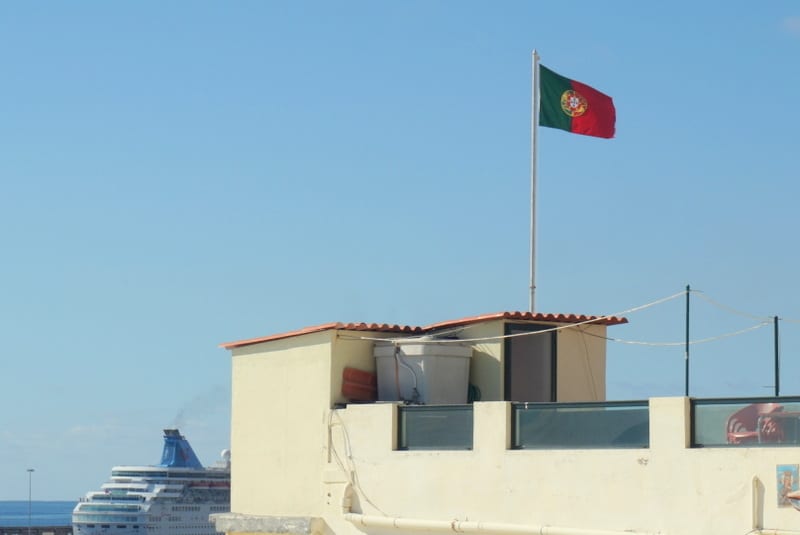
It is estimated that 215 to 220 million people speak Portuguese as their native language. It is the sixth language in the world and the second most-used Roman language in the world after Spanish.
It is the sole official language of Portugal, Brazil, Cape Verde, Guinea-Bissau, Mozambique, Angola and São Tomé and Príncipe. It also has co-official language status in East Timor, Equatorial Guinea and Macau (one of the two administrative regions of the People’s Republic of China).
European Portuguese vs. Brazilian Portuguese – are they very different?
Yes, there is a noticeable difference, especially in:
Pronunciation
European Portuguese and Brazilian Portuguese differ in their pronunciation. Brazilian Portuguese has evolved into a more melodious language. For example, the pronunciation of the consonant “s” which in Portugal is pronounced more like “sh”, and in Brazil as “s”. The difference is also heard in the pronunciation of the consonants “t” and “d”.
Brazilians tend to speak with a more open mouth. Therefore, the European Portuguese gives an impression of a more “harsh” language, and Portuguese from Brazil is a more melodic language, sounding more like Spanish.
So especially when learning Portuguese using video and podcast material, it is important to learn the variety which we exactly need. If you are planning to study European Portuguese, this great source will be very useful:
Spelling and grammar
The difference in pronunciation can be heard immediately, and in the written form the dialect is very easy to recognize by checking the “you” form.
In Portugal, ‘tu’ is used to addressing friends, people we know, people of the same age, while ‘voce’ is a formal term. In Brazil, “voce” is used in both cases, and has the same, informal meaning as the Portuguese “tu”.
As for the spelling, it is more uniform. Grammatical differences are also relatively small.
Vocabulary
The Brazilian Portuguese variant is characterized by neologisms, i.e. new words different from the Portuguese equivalents.
Some of the Portuguese words are not used in Brazil and vice versa.
E.g:
Hitchhiking
Portugal: boleia Brazil: carona
A bus
Portugal: autocarro Brazil: ônibus
Cellphone
Portugal: telemóvel Brazil: (telefone) celular
A train
Portugal: comboio Brazil: trem
A cup
Portugal: chávena Brazil: xícara
Often, these differences can cause comic situations and ridiculous misunderstandings, such as situations presented in these videos:
In this video, a pizzeria worker – a Portuguese – is trying to get an order from a Brazilian client:
And in this video, a Brazilian tourists tries to make an order in a cafe in Lisboa: